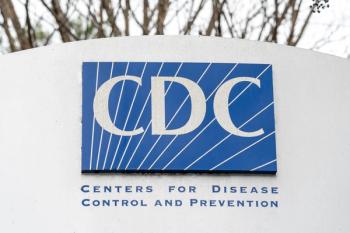
Febrile seizures in infants and toddlers linked to flu vaccine
Trivalent inactivated influenza vaccine may be associated with febrile seizures in infants and children aged 6 to 23 months who received the vaccine this current flu season, according to a vaccine safety update released by the US Food and Drug Administration (FDA) and the Centers for Disease Control and Prevention (CDC).
Trivalent inactivated influenza vaccine may be associated with febrile seizures in infants and children aged 6 to 23 months who received the vaccine this current flu season, according to a vaccine safety update released by the US Food and Drug Administration (FDA) and the Centers for Disease Control and Prevention (CDC).
The FDA’s statement comes after preliminary data from the Vaccine Adverse Event Reporting System (VAERS) showed an increase in the reported number of febrile seizures after vaccination with Fluzone (Sanofi Pasteur), the only influenza vaccine recommended for use in children younger than 2 years during the 2010-2011 flu season. The FDA and CDC have not seen any increase in VAERS reports of febrile seizures in patients older than 2 years who received the vaccine or in children who were given live attenuated influenza vaccine. In the reported cases, all the children recovered.
Febrile seizures can occur with childhood illness that is accompanied by unusually high body temperature, such as an ear infection or cold. Nearly all children recover quickly without long-term effects.
The FDA and CDC will continue to investigate whether there could be an association between influenza vaccination and febrile seizures or whether other factors could be involved. Currently, the CDC stresses that its recommendations that all persons ages 6 months and older be immunized for influenza each year have not changed.
FDA. Fluzone vaccine safety. January 20, 2011. http://www.fda.gov/biologicsbloodvaccines/safetyavailability/vaccinesafety/ucm240037.htm. Accessed January 20, 2011.
Newsletter
Access practical, evidence-based guidance to support better care for our youngest patients. Join our email list for the latest clinical updates.








